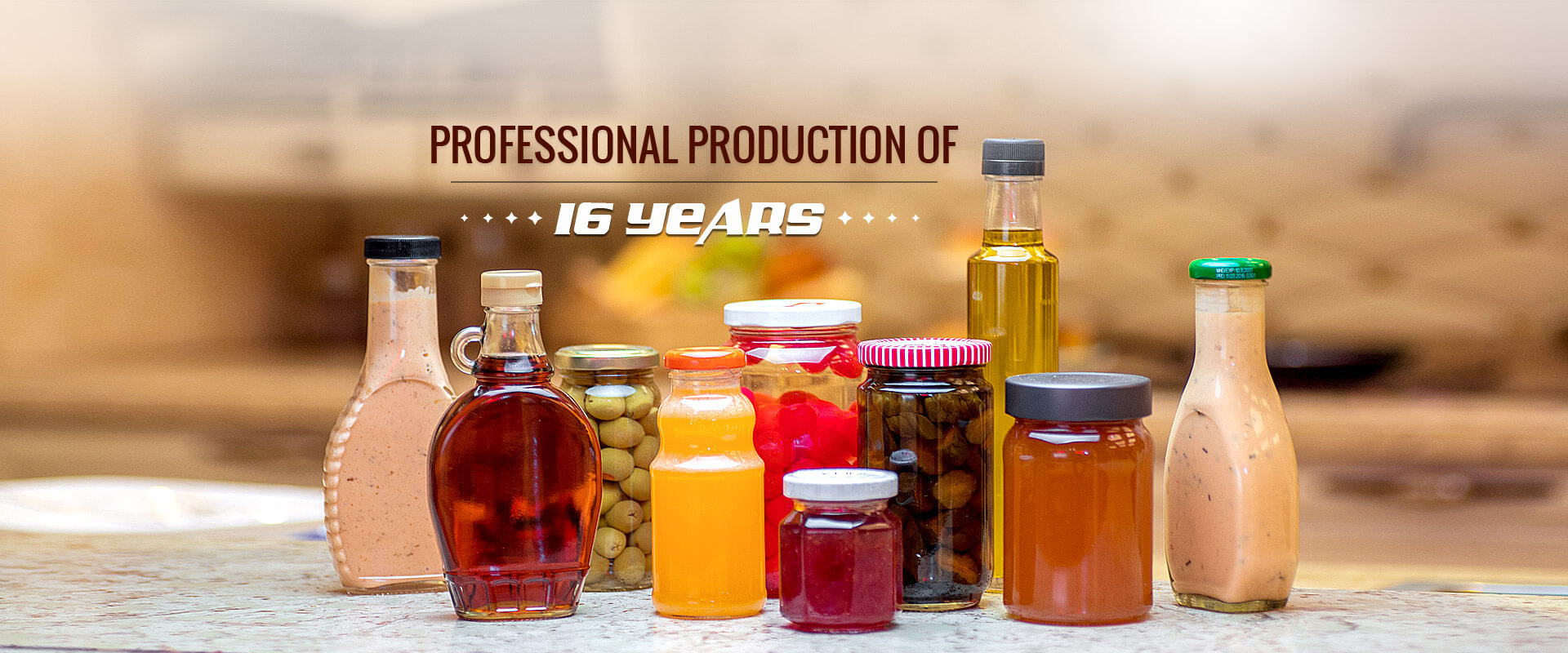
In the modern world, choosing a sustainable packaging material is especially important as environmental awareness continues to grow. Glass jars, with their unique ecological characteristics, are gradually becoming the first choice for packaging food and other products. In this paper, we will delve into the environmental advantages of glass jars and their important role in sustainable development.
Table of contents:
Environmentally friendly properties of glass jars
The role of glass jars in sustainable development
Practical application examples of glass jars
Sustainability of glass vs. other packaging materials
Challenges and Directions for Improvement of Glass Jars
In conclusion
Unlimited recyclability:
Glass is a naturally occurring inorganic, non-metallic material whose main component is silica. When melted at high temperatures, silica allows glass to be reshaped without loss of purity. This property gives glass the ability to be recycled an unlimited number of times; no matter how many times it is processed for recycling, the quality and performance of the glass remain unaffected.
No release of harmful substances:
During production and recycling, glass does not release any harmful substances and does not pollute the environment. In contrast, plastic packaging can release toxic chemicals during production, posing a threat to the environment and human health.
Low carbon footprint:
Despite its heavier weight and potentially higher energy consumption during transportation, glass has a relatively low carbon footprint throughout its life cycle. This is because glass is produced in a relatively simple process that uses less energy and is recycled efficiently. In the long term, the use of glass canisters can be effective in reducing greenhouse gas emissions.
Durability and Stability:
Glass is extremely durable and chemically stable and is not susceptible to degradation or deterioration by the external environment. This means that glass jars can still be recycled at the end of their useful life, reducing waste of resources.
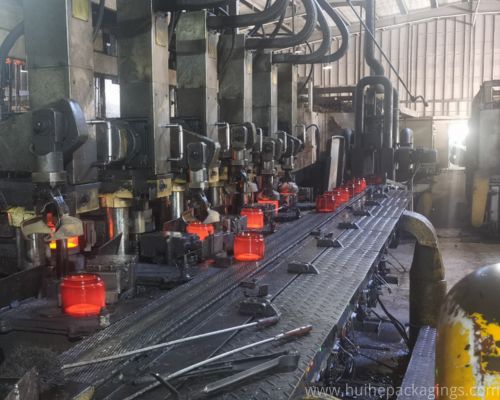
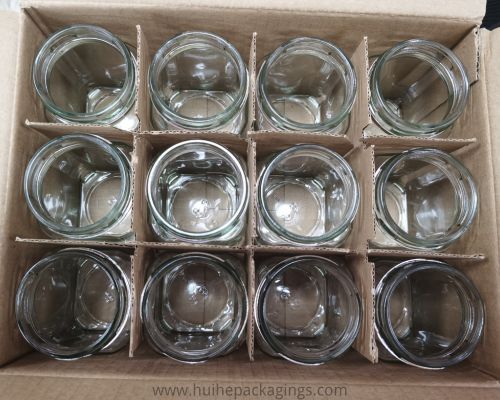
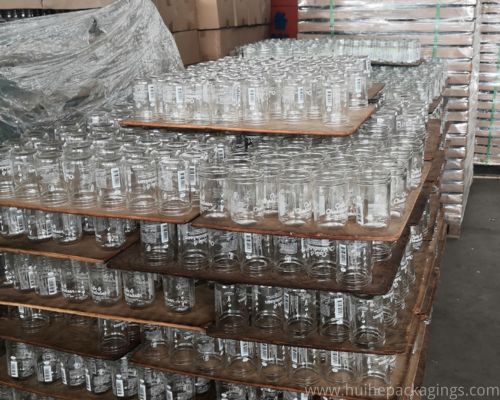
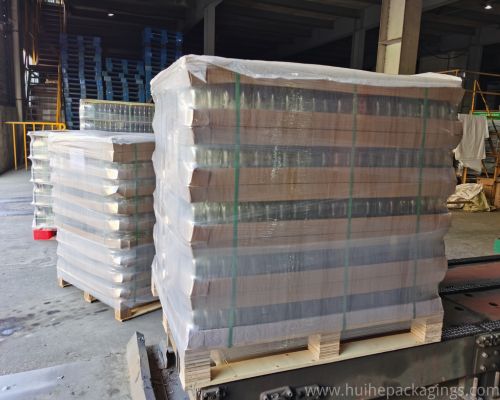
Reduced resource consumption:
By recycling glass, the demand for raw materials can be significantly reduced, thus conserving natural resources. The main raw materials for glass, such as quartz sand, limestone, and soda ash, are finite resources, and sustainable management of resources can be achieved through the efficient utilization of available resources.
Reduce waste generation:
The recyclability of glass canisters means that they do not become a landfill burden at the end of their useful life. With an effective recycling system, glass jars can be reintroduced into the production process, reducing waste generation and disposal costs.
Promoting a circular economy:
A circular economy emphasizes the maximum use of resources and the minimization of waste. As an ideal recycled material, glass jars can contribute to the development of a circular economy in society as a whole. By promoting the use of glass jars, more companies and consumers can be guided to participate in the practice of sustainable development.
Enhance brand image:
In today's society, more and more consumers tend to choose environmentally friendly products. The use of glass jar packaging products can not only meet the environmental needs of consumers but also enhance the image of corporate social responsibility and enhance market competitiveness.
Food Industry:
In the food industry, glass jars are widely used for packaging canned fruits, canned vegetables, spices, and beverages. Its transparency and chemical stability allow consumers to visualize the quality and condition of the product while ensuring the safety and freshness of the food.
Cosmetic Industry:
Many high-end cosmetic brands choose to use glass jar packaging, not only because of its beautiful and generous appearance but also because of its environmental characteristics. The high barrier and stability of glass jars can effectively protect the quality of cosmetics and extend their service life.
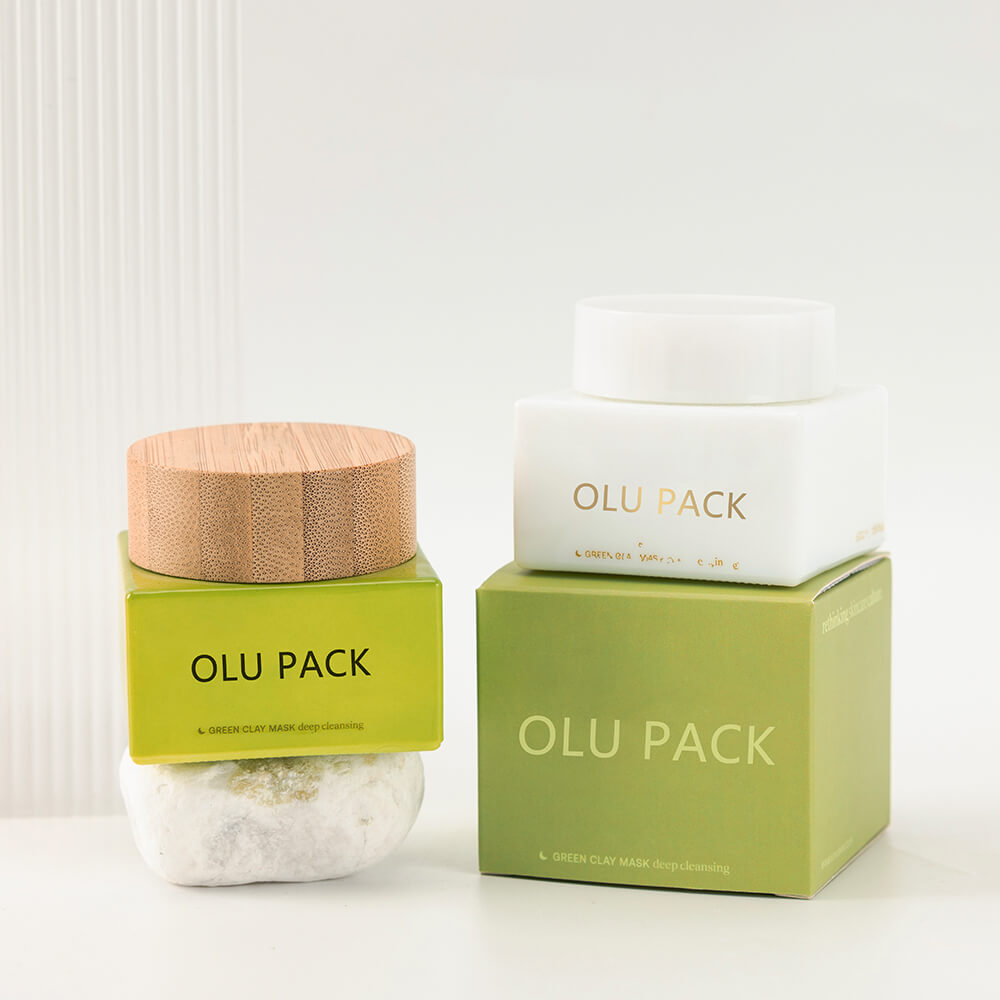
Household Goods:
Glass jars also have a wide range of applications in the home, such as storing dry goods, tea, spices, etc. Its transparency and ease of cleaning make glass jars an indispensable tool in the kitchen.

Glass:
Recyclability: Glass is a fully recyclable material and there is no loss of quality in the recycling process, which can effectively reduce resource consumption.
Environmental impact: energy consumption is high during the production process, but carbon emission can be reduced by using clean energy; simple treatment after disposal, no harmful substances will be produced.
Plastic:
Recyclability: Some plastics can be recycled, but the recycling rate is generally low and the performance decreases after repeated recycling.
Environmental impact: greenhouse gases are emitted during the production process and are not easily degraded, causing pollution by remaining in the environment for a long time.
Metal:
Recyclability: metal materials such as aluminum and steel have high recycling rates, which can effectively save resources.
Environmental impact: High energy consumption in the production process, especially in the refining process of aluminum; however, the long service life makes it suitable for multiple uses.
Paper:
Recyclability: paper is easy to recycle and reuse, and biodegradability is good.
Environmental impact: requires a large amount of wood as raw material, which may lead to deforestation; and a large amount of water used in the production process.
Despite the many advantages of glass jars in terms of sustainability, several challenges remain. For example, the relatively high weight of glass generates high energy consumption during transportation; in addition, glass recycling rates vary between regions and countries, and some regions still suffer from insufficient recycling facilities. To further improve the sustainability of Glass Jars, the future can start with optimizing the production process, improving the recycling rate, and strengthening international cooperation.
With its excellent environmental characteristics, the glass jar is emerging as a model for sustainable packaging. Its unlimited recyclability, no release of hazardous substances, low carbon footprint, and durability make it play an important role in protecting the environment, conserving resources, and promoting sustainable development. With the advancement of technology and environmental awareness, glass jars will surely occupy a more important position in the future packaging industry, contributing to the realization of the goal of a green earth.